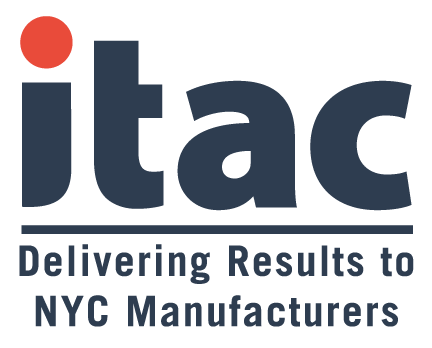“Making creative ideas come to life is what we do”
Marianne WebberCo-Founder & CEO
“Making creative ideas come to life is what we do.”
Marianne Webber has always been full of creative energy. As a child, she drew for hours, expressing herself through her pencil’s movements. Her fascination with the Garment District began when her parents brought her to New York City to watch Broadway shows and plays. Throughout her schooling, she continued to explore the space and developed connections within the Fashion industry: Marc Jacobs was one of her work’s first critics at Marist College. After college, Marianne gradually made her way toward New York City and the Garment District.
As for Charles Webber, his experience was very different. He grew up in the Fashion Manufacturing space. His father owned a pleating factory in London, where Charles grew to work as a highly skilled patternmaker. Charles decided he wanted to live in America’s Fashion Capital, New York City, where he developed extensive industry experience in women’s clothing pattern making and technical design
Marianne and Charles met in the Garment District and decided to open their business together in 1996. A year later, they were married. Together, they combine their technical, design, and industry expertise to provide comprehensive development of women’s clothing, from sketch through finished product.
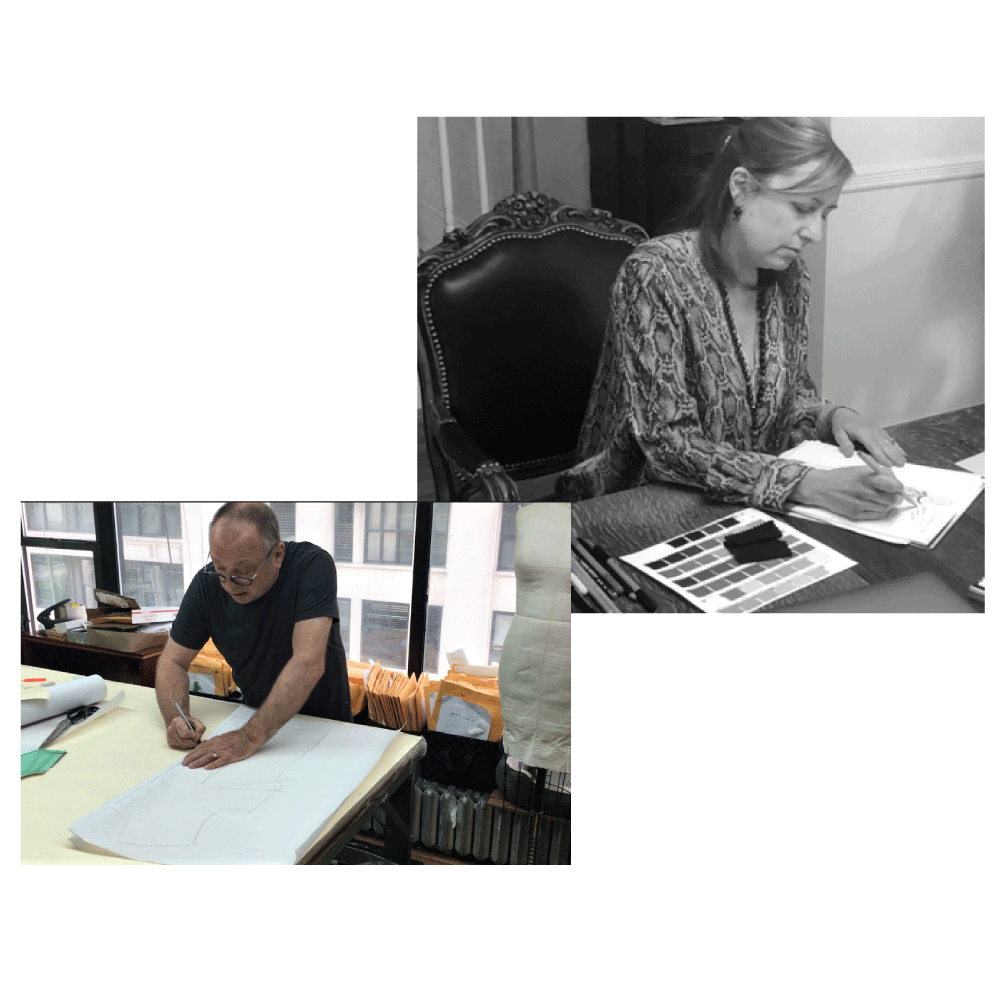
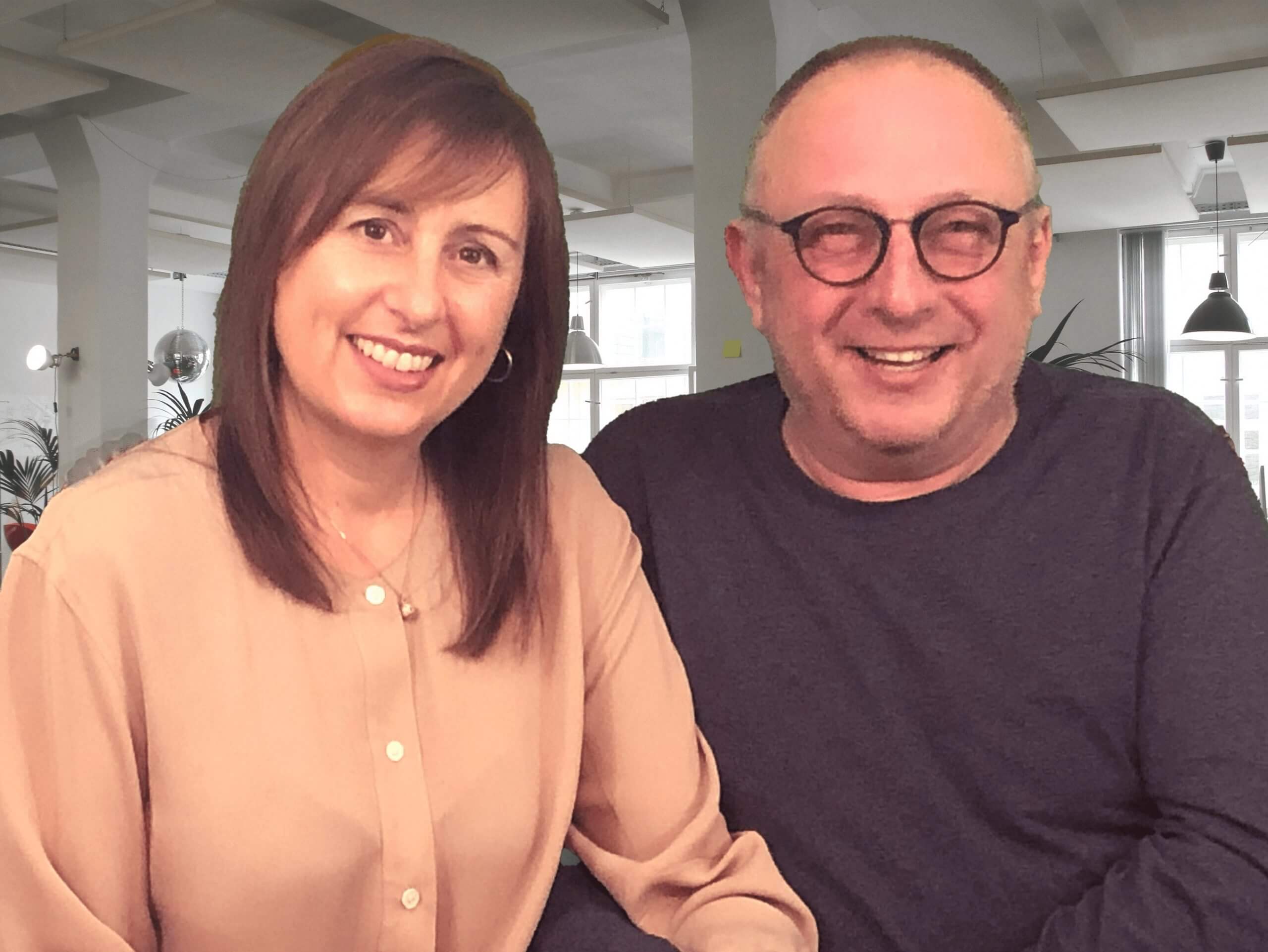
“Our blended experience has shaped our business.”
Marianne and Charles Webber started Quick Turn Clothing with the mission of bringing designer’s creative ideas to life. They initially set up shop in the Garment District, opened a work room on 37th Street, and developed strong partnerships with surrounding factories. They create professional production patterns, complete all fittings, provide marking and grading, and manage all production through the factory to ensure quality. Today, Marianne and Charles manage eight different factories in the Garment District. They provide a comprehensive service for designers to develop a style from conception to completed production.
Quick Turn Clothing’s uniqueness stems from the blended design and technical expertise of its two founders. Their customers trust that they will always deliver. Some customers even submit orders using just a sketch, because they trust that their vision will always come to life with assistance from Marianne and Charles. Quick Turn Clothing services all types of creators and independent designers; they can make everything from $10K gowns to simple t-shirts and take a very flexible approach to sample making and full production.
In addition to the work they do for other creators, Quick Turn Clothing also created an all-inclusive direct-to-consumer brand, Everybody Everywear. Marianne designs this line with the aim of providing women of all ages and sizes with the same fashion choices.
“I am hopeful for our community’s future.”
Quick Turn Clothing’s first important milestone was in 1998, when the business landed its first private label account with Saks Folio Catalogue. Once Marianne and Charles started working with retailers, the business took off, allowing them to become a player in the Garment District.
Throughout the years, Quick Turn Clothing has been confronted with uncontrollable challenges: 9/11, the 2008 Financial Crisis, and now COVID-19. These types of events have encouraged them to stay flexible, adapt, and keep going. Marianne Webber believes COVID-19 has been unlike other crises in that it’s changed the dynamics of the fashion industry. The Garment District businesses thrive on human interactive events and in-person engagements (work wear, nightlife outfits, proms, shows, etc.), which are no longer happening. Brands don’t need the volume of clothes they once needed. Marianne is hopeful the industry will get back to where it was before this latest crisis, and that brands will continue to value the “made in NYC” label. Both founders consider that they were lucky not to have had large orders with big retailers at the time COVID-19 hit.
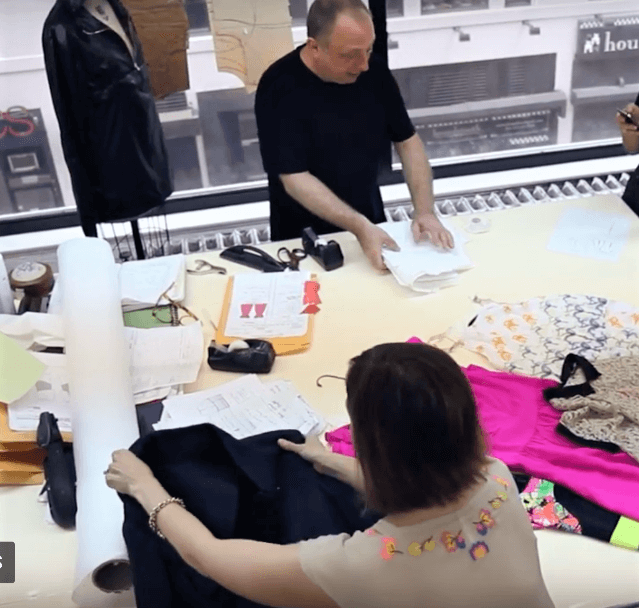
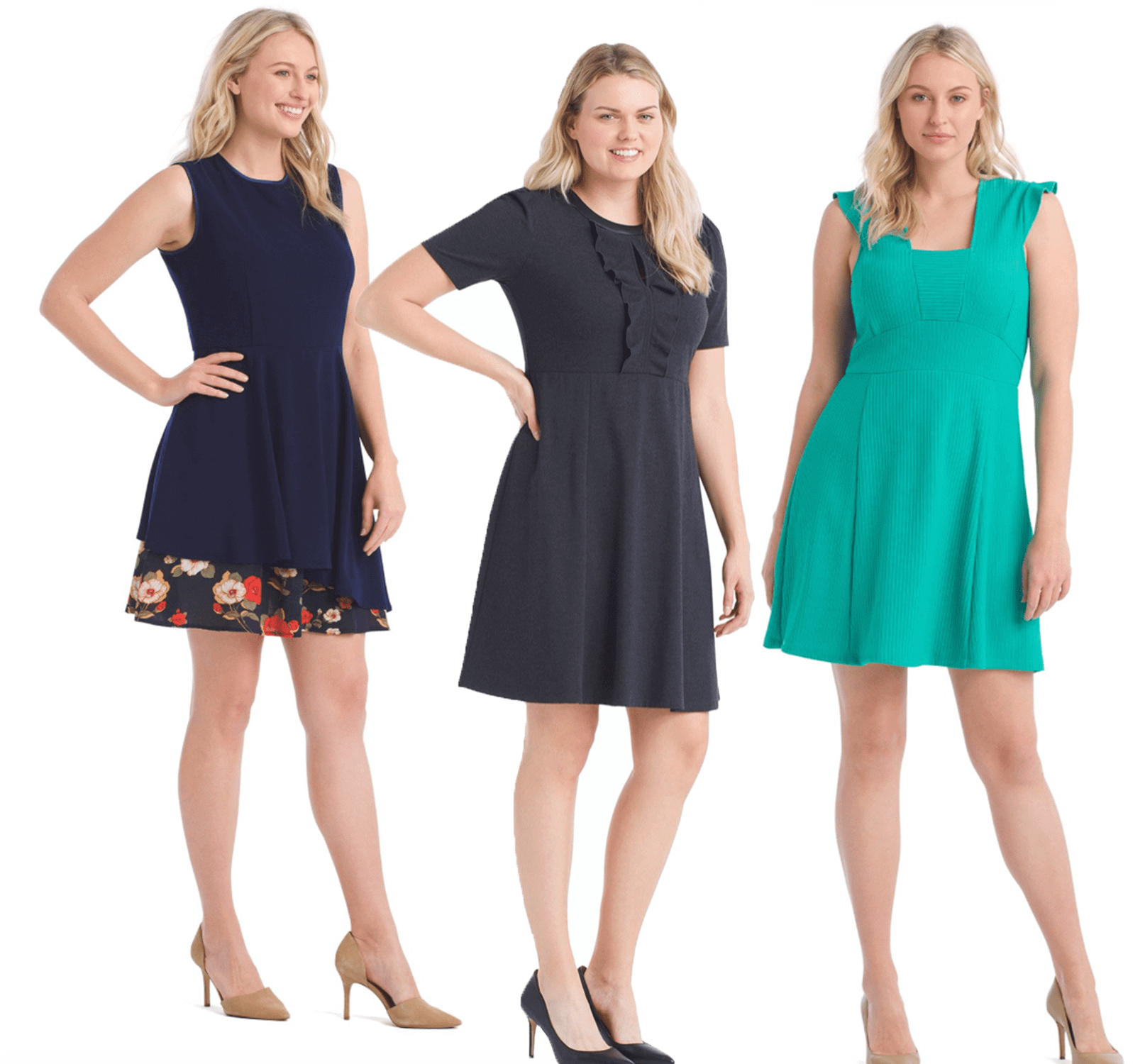
“There’s always a moving target…”
Marianne has two hopes for the future. First, she would like to further develop her direct-to-consumer brand, Everybody EveryWear, and expand it into more retailers; her designs are currently being sold on Gwynnie Bee. Eventually, Marianne would like to create an e-commerce platform to sell her products directly via the brand’s website. Second, she would like to boost marketing efforts for Quick Turn Clothing, in order to increase increased brand visibility and generate potential leads.
She also realizes that she needs to keep working hard on growing Quick Turn Clothing, focusing on brand identity and visibility, as well as client relations. Additionally, new technology starting with pattern-making software would be very helpful to Quick Turn Clothing, making it much easier to work and communicate ideas with clients.
